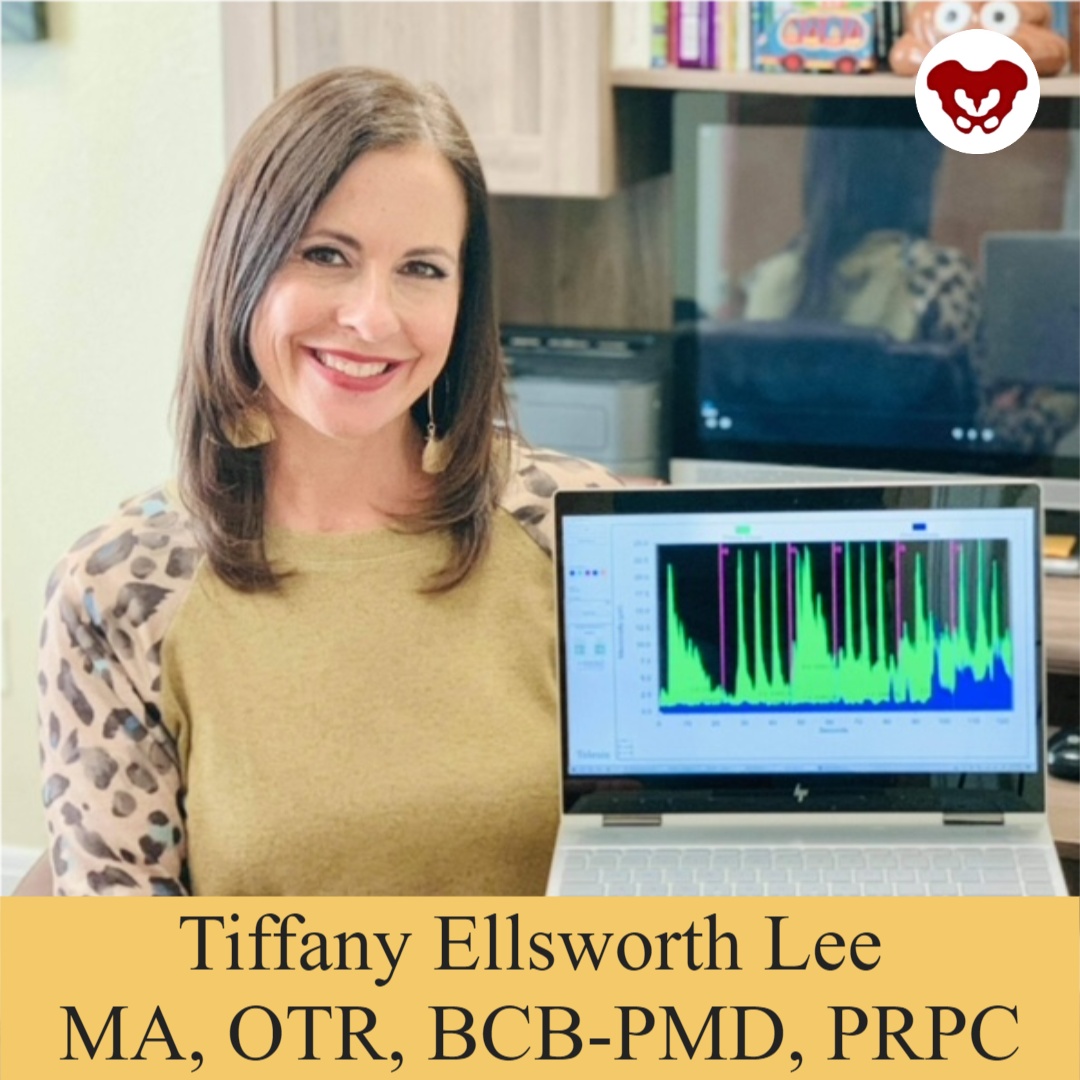This post is from a suggested group
safe and resistant toothbrush
Hi everyone,
I’m reaching out to see if anyone has recommendations for a sturdy, durable toothbrush for a student who tends to bite down hard during oral care. We’ve had several instances where standard toothbrushes have broken in the mouth, which raises concerns about safety and potential choking risks. I’m specifically looking for toothbrushes that are: Designed to withstand strong biting/chewing pressure Safe and resistant to breaking or coming apart in the mouth Ideally used successfully with students who have similar oral-motor needs If you’ve used any specific products or have strategies that have worked well in similar situations, I’d greatly appreciate your input. Thanks so much in advance for your help!
.jpg)

.jpg)













@Eve Blackith - thanks for reaching out here! We'll raise your query with Members via our social network shortly, to prompt ideas and suggestions.